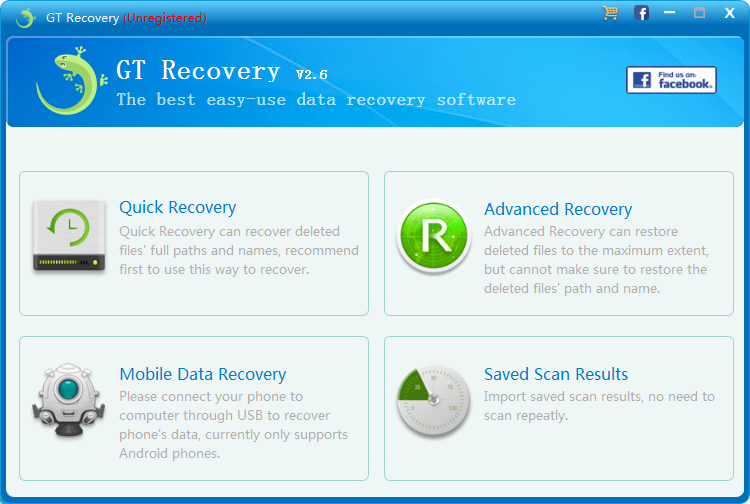Is Driver Restore Safe To Use
Hello MB Team, I am writing you because we have found, through VirusTotal.com, that our software products Driver Whiz (Driverwhiz.com) and Driver Restore (Driverrestore.com) have been labeled as 'PUP.Optional.383Media'. We are unaware of why this would happen and believe it to be a false positive. Can you please let me know what is needed to get this checked out. We work very hard to make sure our software are safe and compliant products and if we find there are some potential issues/risks we will gladly get to fixing them. However, at this point we have no information to prove that something is wrong and it seems that we are just being mislabeled. Thanks, Stephen Genest Director of Marketing 383 Media, Inc. Dear Stephen and welcome to the Malwarebytes forum.

Driver Restore is the PUP that uses misleading techniques to prevent removal. Use Reimage to locate malicious components and get rid of them faster than with uninstall instructions.
Upon further review, we have concluded that these detections are in fact legitimate and we will not be removing detections for this software at this time. Please refer to the following list of criteria that was used to reach this conclusion. Note that as the programs are nearly identical clones to one another, I may refer to them interchangeably. 1) Terms and conditions of use include receipt of advertisement and marketing.. 2) Terms and conditions of use include requiring agreement to comply with the incredibly ridiculous request to not use your software in 'biological, or nuclear weapons.' 3) Upon canceling a scan in DriverWhiz immediately after beginning the scan, the program itself reports no out of date drivers, and yet, remarkably, clicking 'Register Now' sends me to a page that explicitly states that I do in fact have a driver out of date.

Driver Restore Scam Or Not
The website somehow knows more than the program does and is incredibly misleading. See screenshot for details: 4) Clicking 'CLICK HERE FOR LIVE TECH SUPPORT!' Does nothing to help the user: 5) Your privacy policy completely throws users under the bus and leaves them less secure: 6) Your software is often found bundled on the InstallCore and other bundler platforms: 7) Your software is advertised in misleading ways, often with buttons seemingly looking to trick the user into downloading your software instead of their software of interest: 8) Our PUP detection is consistent with that of other vendors as you can see at VirusTotal.com. Finally, please also refer to our official PUP criteria here. H.of which the following criteria apply to your software.
Is Driver Restore Safe To User
Driver Optimizer, Updater, etc. Similar in scope to the registry cleaners, driver optimizers promise to update the drivers needed for the PC’s peripherals to properly function, such as the sound card, chipset, and USB devices. Many of these are installed as part of “bundlers” or “wrappers” and the end user is left with a program that performs a scan at startup and presents a report in an alarmist fashion, stating that a driver needs to be updated. More recent versions of Windows, such as Windows 7 and up now update drivers through the windows update process, and while newer drivers may be available for your devices they may not yield any noticeable performance improvement. These types of programs ask for payment prior to performing a driver update that is ultimately unnecessary. Has a critical mass of users referred to your program as malicious?